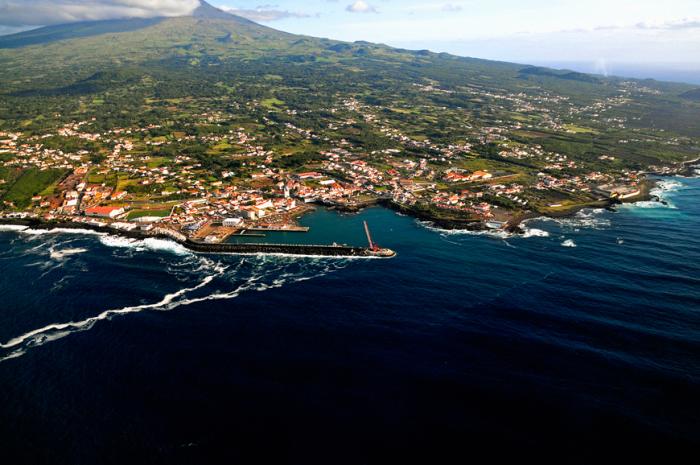
Island facts
Pico is the second largest island of the Azores. The energy demand in Pico was 48 GWh on each island (2022). The peak of these systems reached 8.3 MW and 9.2 MW, respectively (2022). Pico has renewable energy sources (RES) production plants like wind farms. RES penetration on Pico was 10% and 11.5% in the energy mix (2022).
The aim is to prepare the islands of Faial, Pico and São Jorge for the impact on the electricity system resulting from charging the new electric passenger and vehicle ferries project. The objective of identifying innovative solutions that contribute to the Azores' energy transition. In addition to determining the optimal method for providing capacity to the electricity system to support the electric ferries, the analysis will explore the potential for charging these ships to enhance the integration of a higher proportion of renewable energy production.
As part of the 30 for 2030 call the following activities are planned:
The first activity focuses on the development of charging facilities for electric ferries (E-Ferries). This involves assessing the energy demand from the two electric ferries and analysing various alternatives for charging facilities to support the selection of the preferred option. The project may also include assistance in the tendering and procurement process, particularly in identifying the technical specifications required for the charging infrastructure. A feasibility study will be conducted for the identified charging facility option, along with a techno-economic analysis that examines various aspects of the charging station options. This analysis will include a market assessment of battery energy storage systems (BESS) and an evaluation of the costs associated with grid reinforcement, which will be provided by the distribution system operator (DSO). Additionally, the sizing and cost estimation of the necessary equipment up to the distribution substation will be performed, alongside an exploration of potential additional revenue streams for the batteries.
The second activity involves providing technical support for the tendering and procurement of the charging facility, ensuring that the process aligns with best practices and meets the project requirements.
Another key activity is focused on the green energy supply for the E-Ferries. This includes verifying the need to expand the renewable power generation portfolio across the three islands and ensuring that the energy demands of the ferries can be met sustainably.
Lastly, a pre-feasibility and feasibility study will be conducted for renewable power plants aimed at compensating for the power consumption of the ferries. This study is expected to be agreed upon by the end of 2024, providing a strategic framework for integrating renewable energy into the operation of electric ferries.
Please note that the island of Pico has jointly applied for the 30 for 2030 call with Faial | Clean energy for EU islands (europa.eu) and São Jorge | Clean energy for EU islands (europa.eu).
